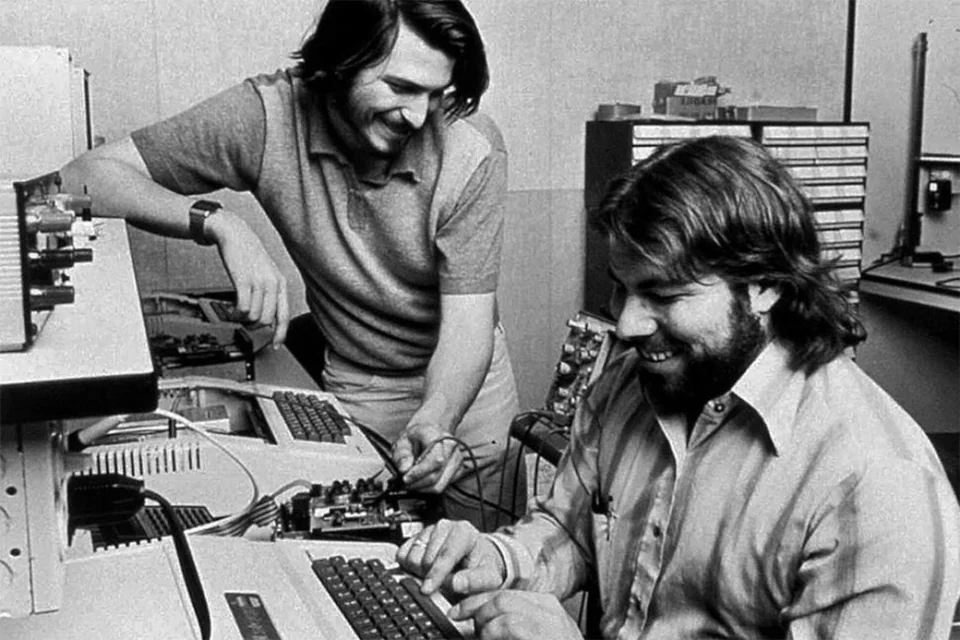The Magic Disappears

It’s hard to fathom today, but in the late 1970s, Xerox was a titan of innovation. Their Palo Alto Research Center (PARC) was a legendary hub of creativity, so much so that a young Steve Jobs was repeatedly told he had to go see what they were building.
When Jobs finally visited PARC in 1979, he saw not one but three technologies that could have revolutionized the world: object-oriented programming, networked computers, and the one that truly caught his eye – the graphical user interface (GUI). The idea of controlling a computer with a mouse was, in his words, “the best thing I’d ever seen in my life.” It would, of course, become the soul of the Macintosh.
So why did Xerox fumble the future it had invented? In a 1995 interview for “Triumph of the Nerds,” Jobs laid it out plain and simple:
“The people that can make the company more successful are sales and marketing people, and they end up running the companies. And the product people get driven out of the decision-making forums, and the companies forget what it means to make great products… The product sensibility and the product genius that brought them to that monopolistic position gets rotted out…”
The innovators at PARC called the executives “toner-heads.” The company was so focused on optimizing its copier business that it couldn’t see the genius it already possessed. It forgot the ingenuity that made it great in the first place.
As I was reading about this, I was reminded of David Senra’s recent appearance on The Tim Ferriss Show. Senra, the host of the Founders podcast, is essentially a human LLM trained on hundreds of biographies of the world’s greatest entrepreneurs. When Tim asked him what the single most important lesson from all his research was, Senra didn’t hesitate:
“If you could summarize, you know, nine years, 400 biographies under one word. What I’ve learned is focus.”
He then told a story about a warning he got from Spotify founder Daniel Ek, who saw Senra was starting to say “yes” to too many things—conferences, travel, and other distractions. Ek told him:
“The magic that you have is because you say no. And once you start saying yes and you’re at every conference, you’re traveling around… the magic disappears.”
The magic disappears.
It’s so easy to get pulled off course. As Senra learned from Michael Dell, entrepreneurs are often their own worst enemies. They don’t get taken out by competitors; they sabotage themselves by losing focus after a taste of success.
This isn’t an argument against change or growth. It’s an argument for being conscious. It’s about remembering what got you into the game in the first place and not letting the metrics, the money, or the next shiny object distract you from the thing that truly matters.
Want to add a quick comment? (optional)